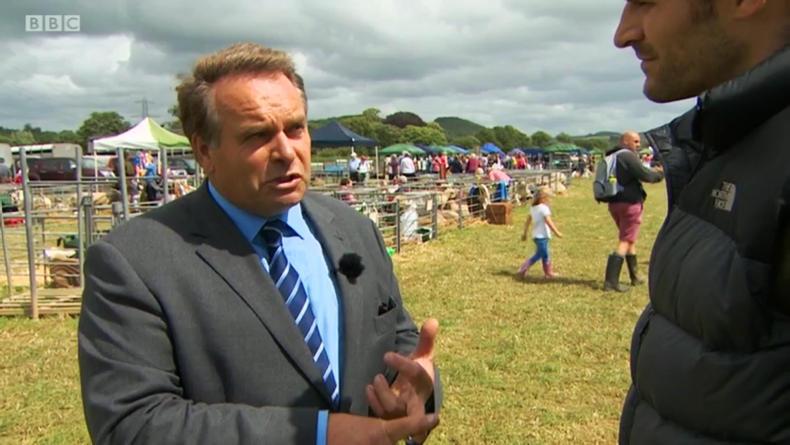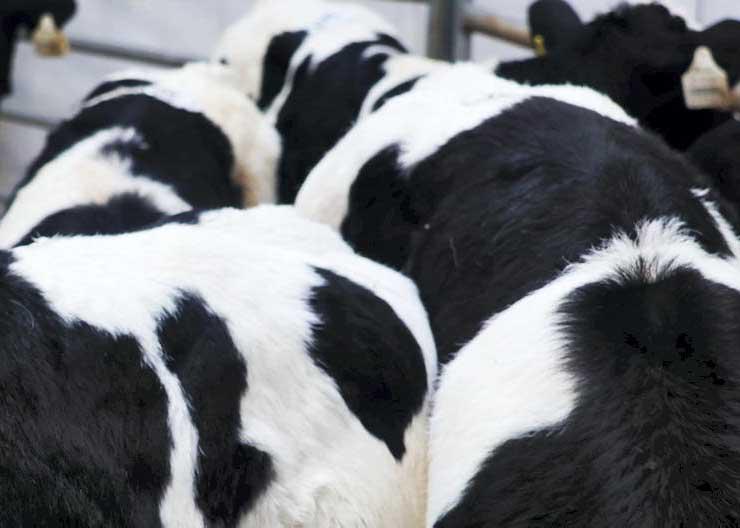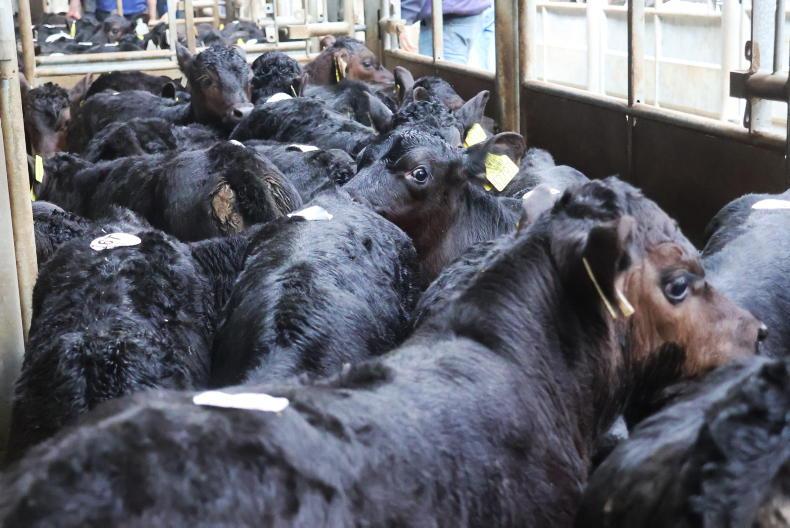Scottish plans for rural support look likely to clash with the English vision unless a resolution can be found, according to Neil Parish MP, chair of the Environment, Food and Rural Affairs Select Committee.
Speaking exclusively to the Farmers Journal, the Conservative MP said: “We don’t want to have payments in Scotland which are anti-competitive with England.”
Currently, Scottish farmers receive both coupled payments and direct support, with the SNP Scottish Government promising to maintain both throughout the Brexit process and upon exiting the EU.
However, Parish envisages this could cause friction with how support measures play out in England, where the plan is to stop direct payments by 2028 in favour of environmental payments.
The Devonshire MP explained that if Scotland continued coupled payments, for example the £100/calf, it could “be the difference between making money and not making money” in the cattle sector. He could see this causing friction with English farmers, who might start saying that “we can’t give payments which distort the market”.
Personally, he wants to see the English plans show a more direct link with production than the current direction the government is going with.
Parish stopped short of saying Westminster would impose any requirements on Scotland, but he did call for a UK framework to ensure there was a functioning market place. He pointed out that it was a “two-way street”, with Westminster learning how to create a vibrant rural economy from Holyrood, and vice versa.
Looking across the UK, Parish believes that England and Wales will run similar support systems outside the EU, while Scotland will diverge from Defra Secretary Michael Gove’s visions.
He believes that Northern Ireland will look for some sort of direct payments due to the high prevalence of family farms.
Following a recent trip to Washington, Parish explained that “the US doesn’t like the European trading system and wants a direct deal with the UK. It wants us to accept its standard of production to allow produce into our market”.
The MP wants to see standards of production similar to the requirements for getting goods into the EU.
From examining studies into public loyalty, he believes that cheaper imports would depress prices, with consumers only willing to pay 5-10% over the import price for domestic goods.









SHARING OPTIONS